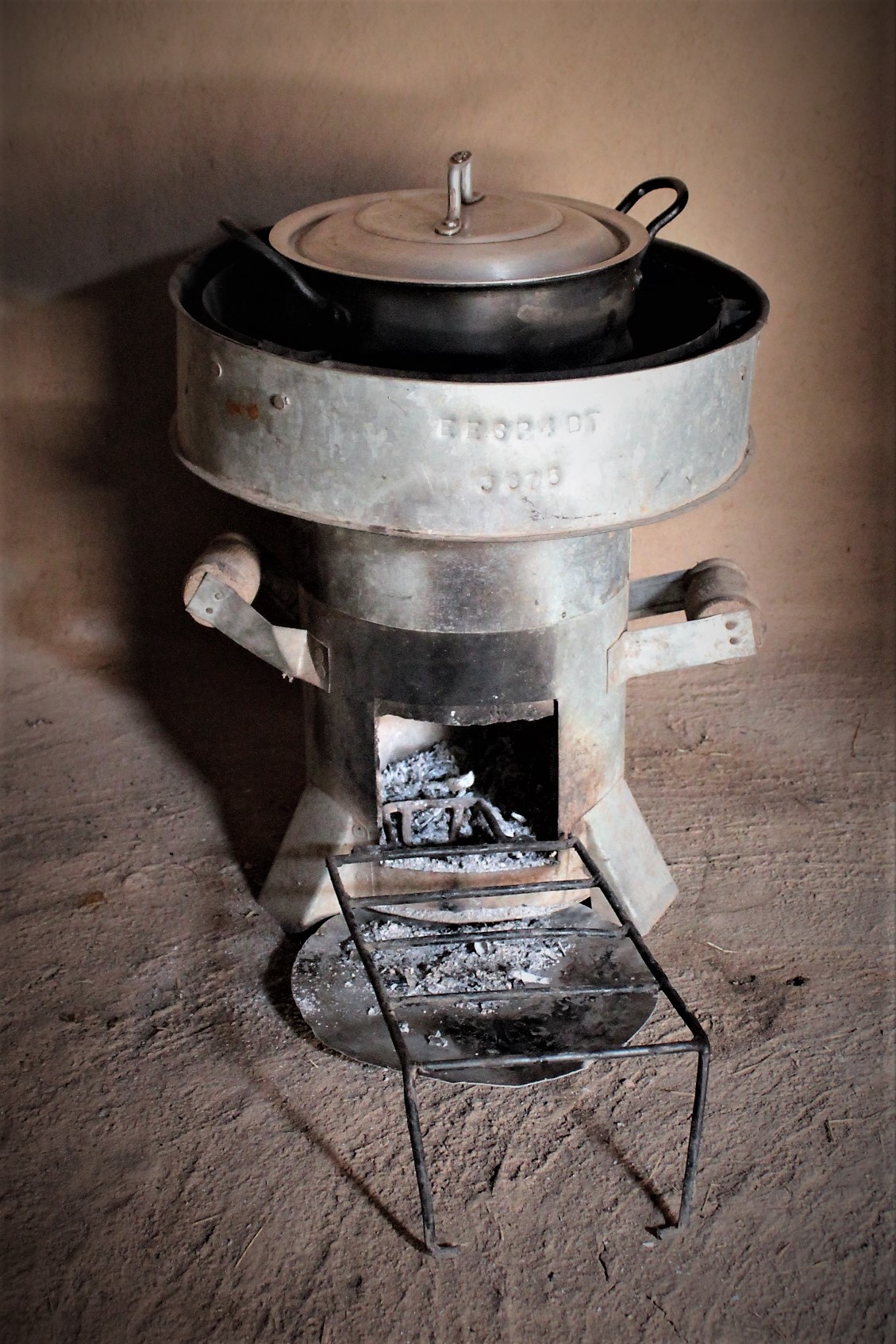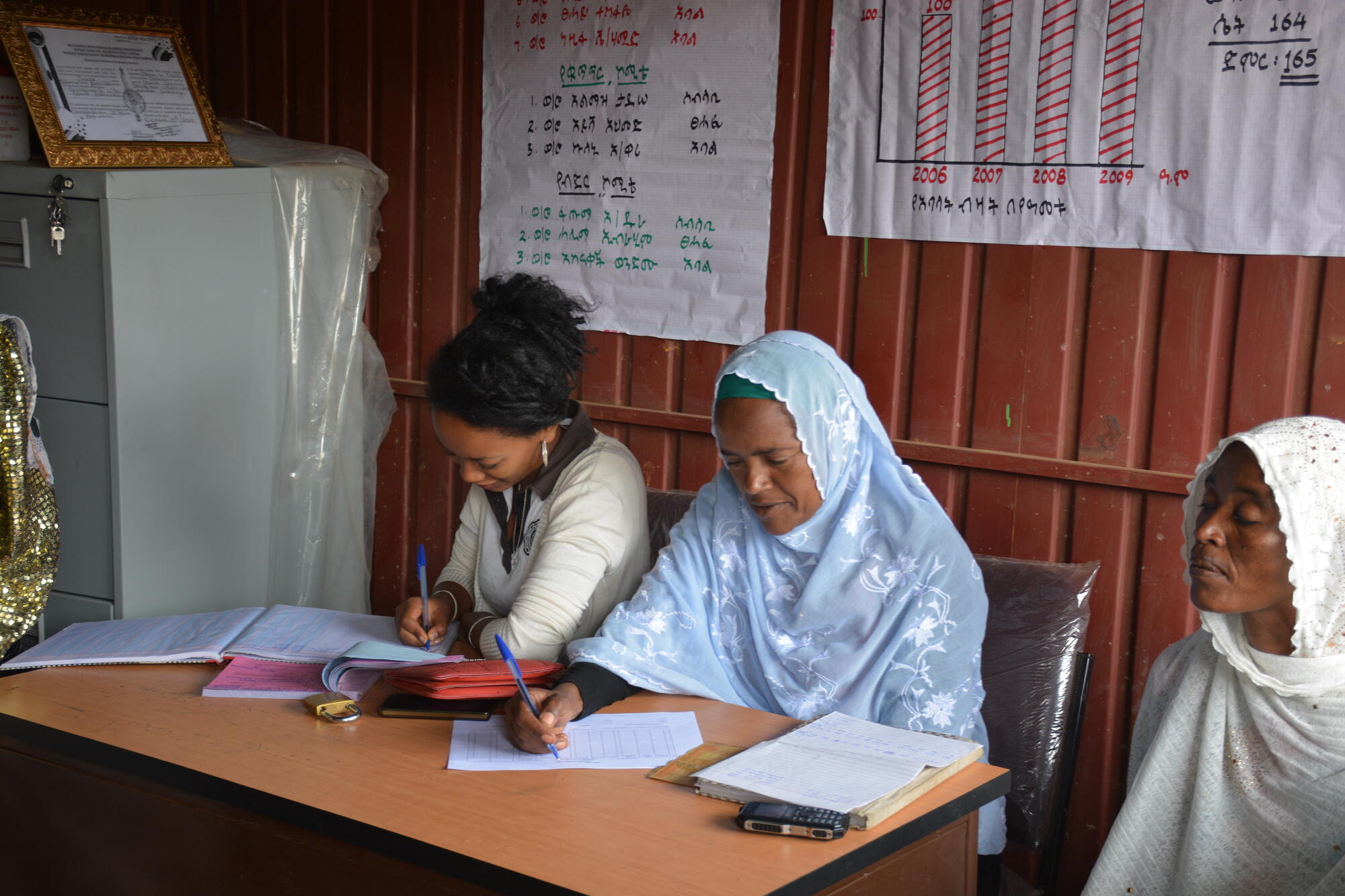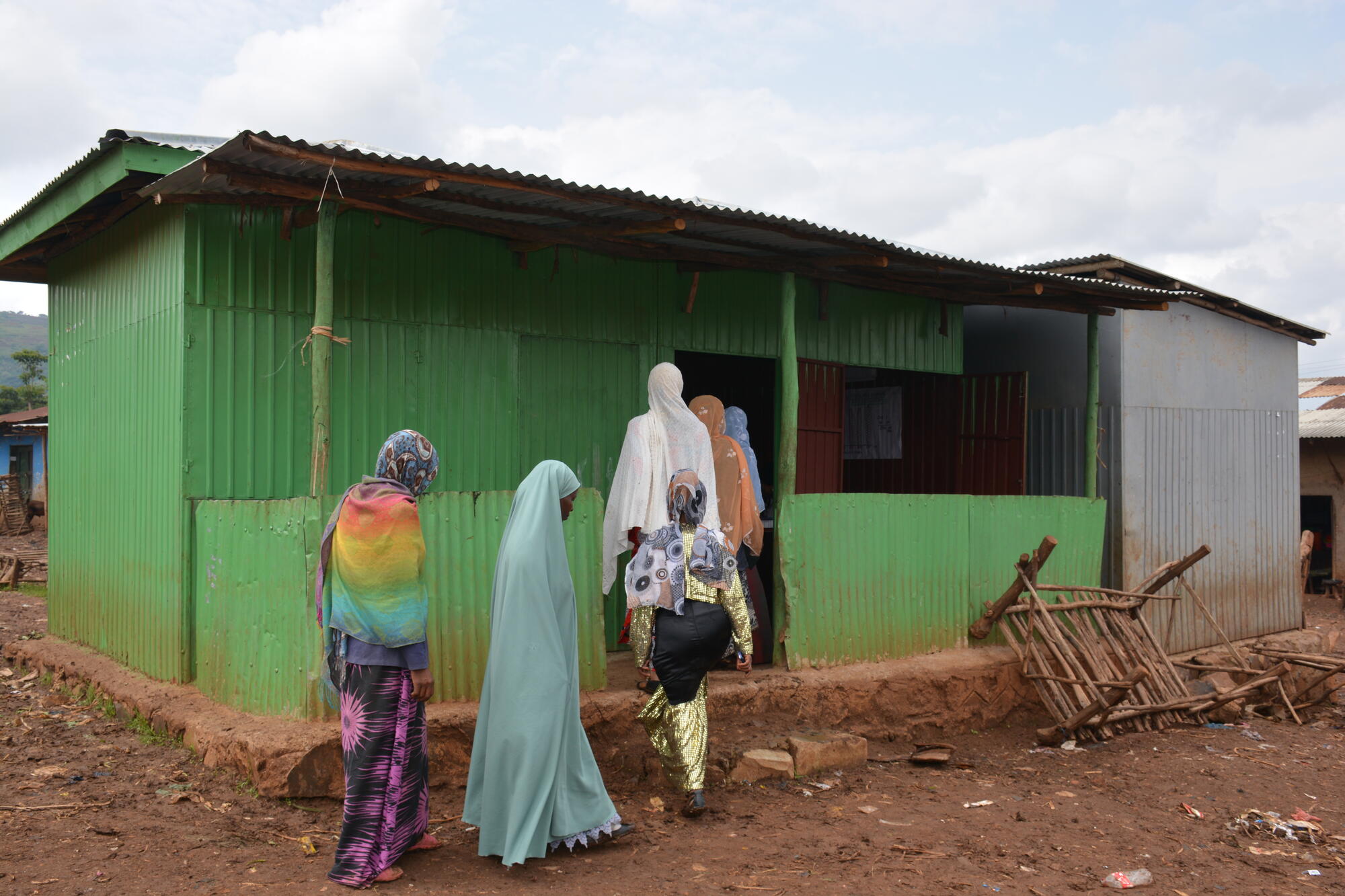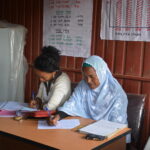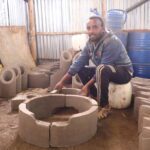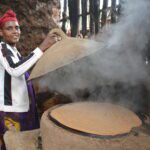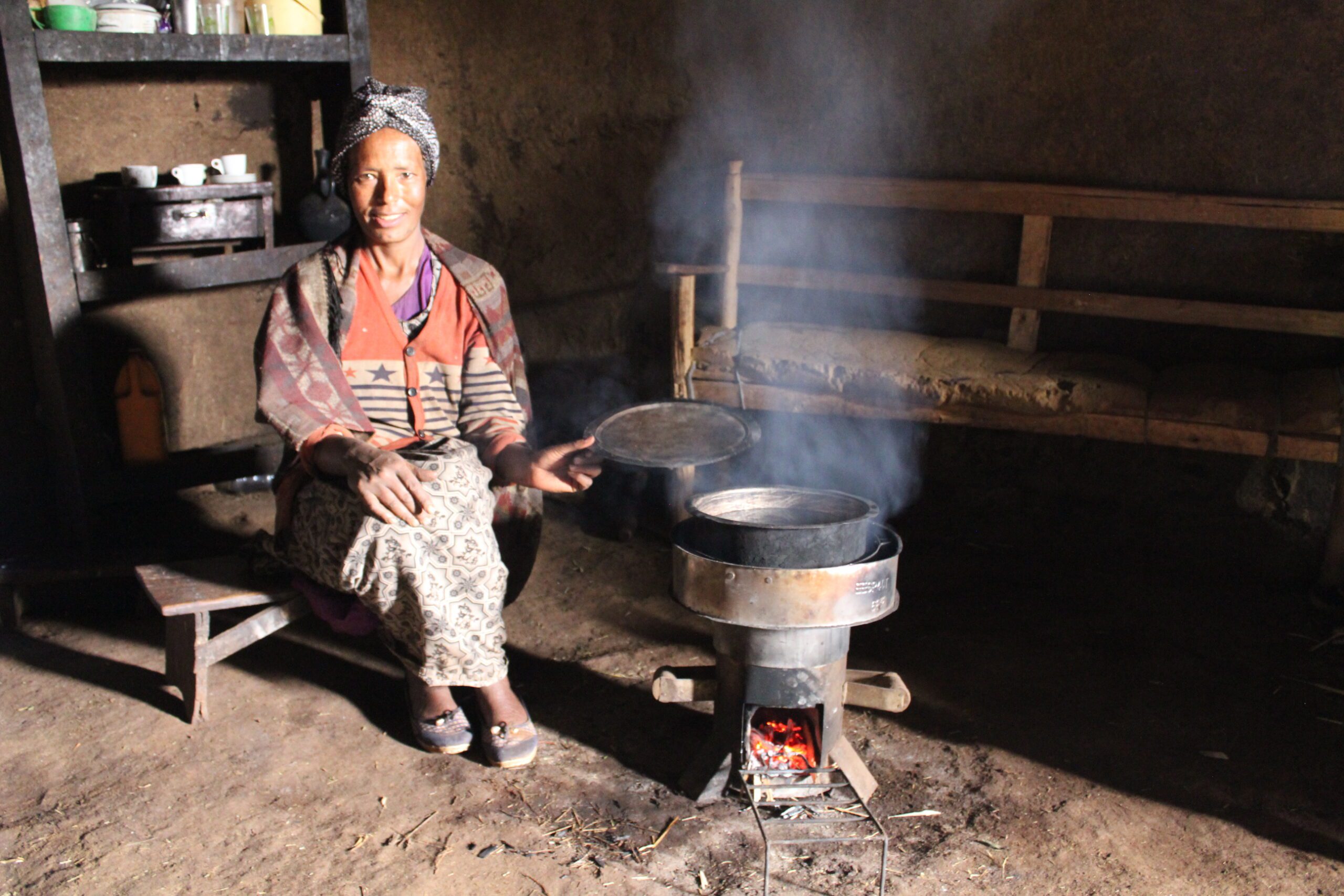
World Vision Clean Cookstoves
This project directs carbon finance into Ethiopian communities, addresses clean energy, reduces firewood consumption, and improves air quality, reducing respiratory illness in women and children.
Project Type
Clean Cookstoves
Registry
Gold Standard
Unit Type
VER
Methodology
AMS II.G - Energy efficiency measures in thermal applications of non-renewable biomass
Project ID
GS11147, GS11148, GS11149
Vintage
2021+ (all our vintages are Climate Active compliant)
The project is distributed across three implementation areas in Ethiopia, each of which is similar in scale with respect to cookstove deployment. Each instance is expected to generate approximately 46,528 carbon credits per year, which over a 10-year crediting period results in a combined total of just under 1.4 million emissions reductions across all three. Since 2021, the projects have already issued 306,105 credits.
Project Registry Link: Worldvision Clean Cookstoves | Gold Standard
Request TEM’s Science-Based Due Diligence Report
Why support this project?
Many households in rural Ethiopia rely on heavily polluting open fires to cook, which can have severe consequences for the health of women and children who are responsible for preparing meals. Furthermore, increasing energy needs of growing populations in Ethiopia has contributed to advanced forest loss. Forests that originally covered 90 percent of the highlands have been reduced to less than 3 percent – reinforcing the need for more sustainable energy solutions to prevent further deforestation.
Since 2011, World Vision has been working alongside local communities and government agencies in Ethiopia to implement and distribute low cost, highly efficient cookstoves, which generate substantially less smoke and use less firewood.
The project has distributed over 100,000 cookstoves to communities and formed 250+ cookstove cooperatives in 12 districts with over 45,000 members (more than 95% women). Any remaining carbon revenue not used to fund distribution and training will be given back to the households through community groups to fund livelihood and other economic development activities.
Who we work with
World Vision Australia was established in 1966 and has grown the to become one of Australia’s largest international non-governmental organisations. Their work is focused on three main goals: Child Sponsorship, Climate Change and Supporting First Nations Communities. World Vision works with communities across the globe on solutions, that break the cycle of poverty and injustice.
Project Location
This project involves the distribution of energy efficient cooking stoves to households in the Federal Democratic Republic of Ethiopia. The World Vision Cookstove Program, targets 13 districts in Ethiopia: Addis Ababa, Tulo, Boset, Jeju, Digeluna Tijo, Shashemene, Ezha, Enemor Ener, Sokoru, Nono, Wonchi, Adea Berga and Yaya Gulele
Community Impact:
The project activity involves the distribution of improved cookstoves to Ethiopian households. These stoves use considerably less wood than conventional open fires and generate significantly less smoke, which is otherwise a major health risk for the family members using the stove.
As the project is registered under Gold Standard, it has certified sustainable development goal (SDG) impacts, meaning that its contribution to certain SDGs has been robustly reported, validated, verified and tracked. The project has led to increased employment opportunities – there are 12 full-time employees who were employed specifically to manage the operation of the three project instances.
Lastly, remaining revenue from the sale of carbon credits generated by the project is distributed back to the households through community groups to fund on-going maintenance of their stoves, as well as livelihood and economic development activities.
SDGs: The project meets the following United Nations Sustainable Development Goals:

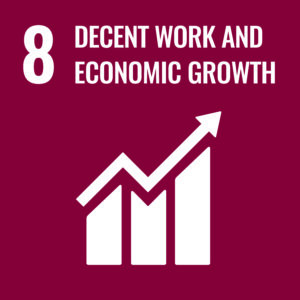
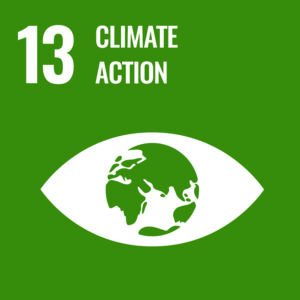
value
$15.00/Tonne of CO2e
10317 in stock
Where does my money go?
Your purchase goes to the procurement of fully verified and independently audited carbon offset projects. TEM’s operational, due-diligence, risk management and marketing costs are also included in the list price. By purchasing from these projects, you are mobilising capital to support the project’s ongoing operations and benefits, alongside of ensuring measurable emissions reductions and avoidance.
What goes into pricing TEM's offsets on this site?
You may find a difference between the cost of projects listed on this site and the average prices listed on the wholesale carbon market/s. That’s because TEM offers projects where we have gone the extra mile to ensure their integrity and deliver you the end-to-end service that others won’t. Our pricing is fully inclusive of the end-to-end services to ensure integrity, including:
- The cost to source, deliver and/or procure projects – Sourcing, purchasing and holding carbon units.
- TEM’s proprietary due diligence and risk management for each project – Put simply, we do the work to limit the chance that you will support a project that doesn’t deliver measurable and long-term carbon abatement.
- Our retirement process – Following each purchase, every carbon offset purchased on this site can be transparently traced to a retired carbon unit listed on an independent registry.
What will I receive with my purchase?
Once we’ve received your payment, we will:
- Send you content and copy (if available) relating to the projects you’re supporting.
- Evidence of retirement, which includes the listing on each registry that relates to the offsets you have purchased within a TEM-branded retirement certificate. You will receive an email once your order is placed to confirm retirement copy for your certificate – this details the reason for retirement and is best practice to avoid double counting. The cost for a company-specific retirement certificate = $150 per order. Note: you will need individual retirement for Climate Active and other certification purposes.
- Keep you updated on new projects as they’re added to TEM Online. Of course-you can choose to opt out of those emails!

